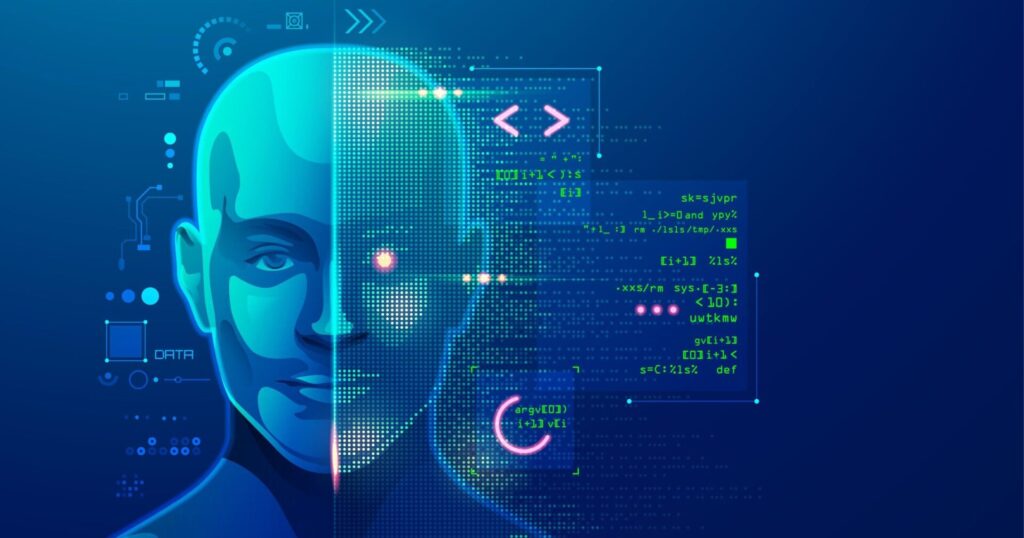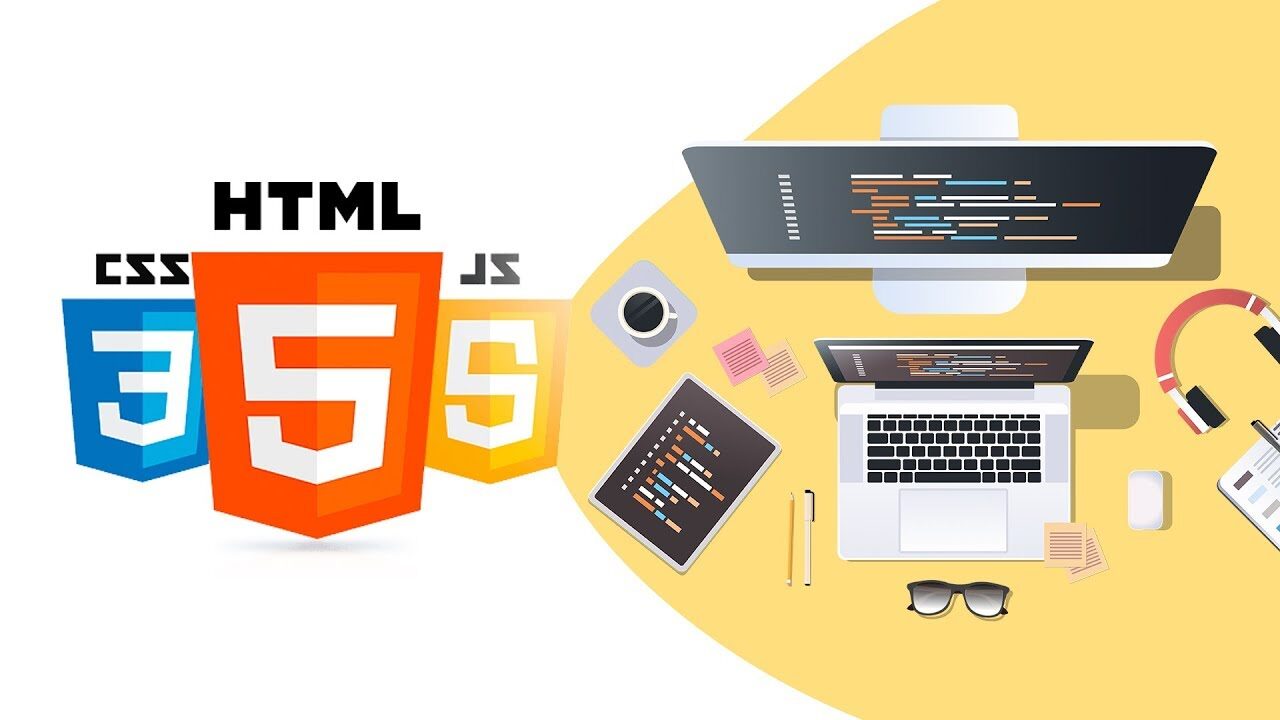The landscape of coding education is undergoing a rapid transformation. With the increasing demand for tech skills across industries, online coding platforms have emerged as a vital resource for learners of all levels. Whether you’re a beginner looking to learn to code or an experienced developer aiming to master advanced programming techniques, the future of online coding holds promising trends and predictions that will shape how we learn and apply coding skills.

The Rise of Specialized Programming Courses
One significant trend in online coding education is the rise of specialized programming courses. As the tech industry diversifies, so does the need for specialized knowledge in specific programming languages and technologies. In the past, most coding courses offered a general overview, but today, there are courses tailored to specific fields like web development, Python programming, and JavaScript programming. This specialization allows learners to focus on the exact skills they need, whether it’s building a website from scratch or creating complex algorithms.
Accessibility and Flexibility in Learning
The accessibility and flexibility of online coding platforms have revolutionized how people learn to code. Traditional education methods often required a significant time and financial investment, but online coding has democratized access to quality education. Learners can now engage in coding tutorials at their own pace, from the comfort of their homes. This shift is particularly beneficial for those who may not have the time or resources to attend a physical classroom. The ability to learn anytime and anywhere is a trend that will continue to grow, making coding education more inclusive.
The Growth of Coding Bootcamps
Coding bootcamps have gained immense popularity as an alternative to traditional computer science degrees. These intensive, short-term programs are designed to equip students with the skills needed to enter the workforce quickly. As the tech industry evolves, so too will these bootcamps, offering even more specialized tracks and personalized learning experiences. In the future, we can expect coding bootcamps to become even more integrated with industry needs, providing real-world projects and partnerships with tech companies to ensure graduates are job-ready.
The Integration of AI and Machine Learning in Coding Education
AI and machine learning are not only shaping the tech industry but also how coding is taught. Online platforms are beginning to integrate AI-driven tools that provide personalized feedback and adaptive learning paths. These tools analyze a student’s progress and tailor the course material to their strengths and weaknesses. For instance, if a learner struggles with a particular concept in JavaScript programming, the platform might offer additional coding tutorials and exercises to reinforce that skill. This level of personalization ensures that learners can overcome challenges more effectively and advance their coding skills more efficiently.
Expansion of Programming for Beginners
As coding becomes a fundamental skill, there’s a growing emphasis on making programming for beginners more accessible. Many online platforms now offer beginner-friendly courses that simplify complex concepts and use real-world examples to make learning more engaging. This trend is particularly important for younger audiences, as teaching coding for kids is becoming more prevalent. Introducing coding at an early age not only builds foundational skills but also encourages creativity and problem-solving abilities that are crucial in today’s digital world.
The Role of Certifications in Career Advancement
As the demand for coding skills increases, so does the value of programming certification. These certifications validate a learner’s expertise in specific programming languages or technologies, making them more attractive to employers. In the future, we can expect more online platforms to offer certifications that are recognized by industry leaders. Additionally, the process of obtaining a certification will become more rigorous, involving comprehensive assessments and real-world projects that test a learner’s abilities in practical scenarios. This trend will help bridge the gap between education and employment, ensuring that certified individuals are truly prepared for the challenges of the tech industry.
Emphasis on Lifelong Learning and Continuous Skill Development
The tech industry is constantly evolving, and so are the skills required to stay competitive. As a result, there is an increasing emphasis on lifelong learning and continuous skill development. Online coding platforms are likely to expand their offerings to include not only courses for beginners but also advanced modules for experienced developers. These platforms will provide ongoing programming resources and opportunities for learners to stay updated with the latest trends, tools, and technologies. Whether it’s mastering a new programming language or exploring emerging fields like AI and blockchain, continuous learning will be a key trend in the future of online coding.

The future of online coding is bright and full of opportunities for learners at all stages of their coding journey. From specialized programming courses and flexible learning options to the rise of coding bootcamps and AI-driven education, the trends shaping this field will make coding more accessible, personalized, and relevant to the demands of the modern world. As we move forward, the integration of new technologies and the focus on lifelong learning will ensure that online coding remains a critical tool for anyone looking to thrive in the digital age.



